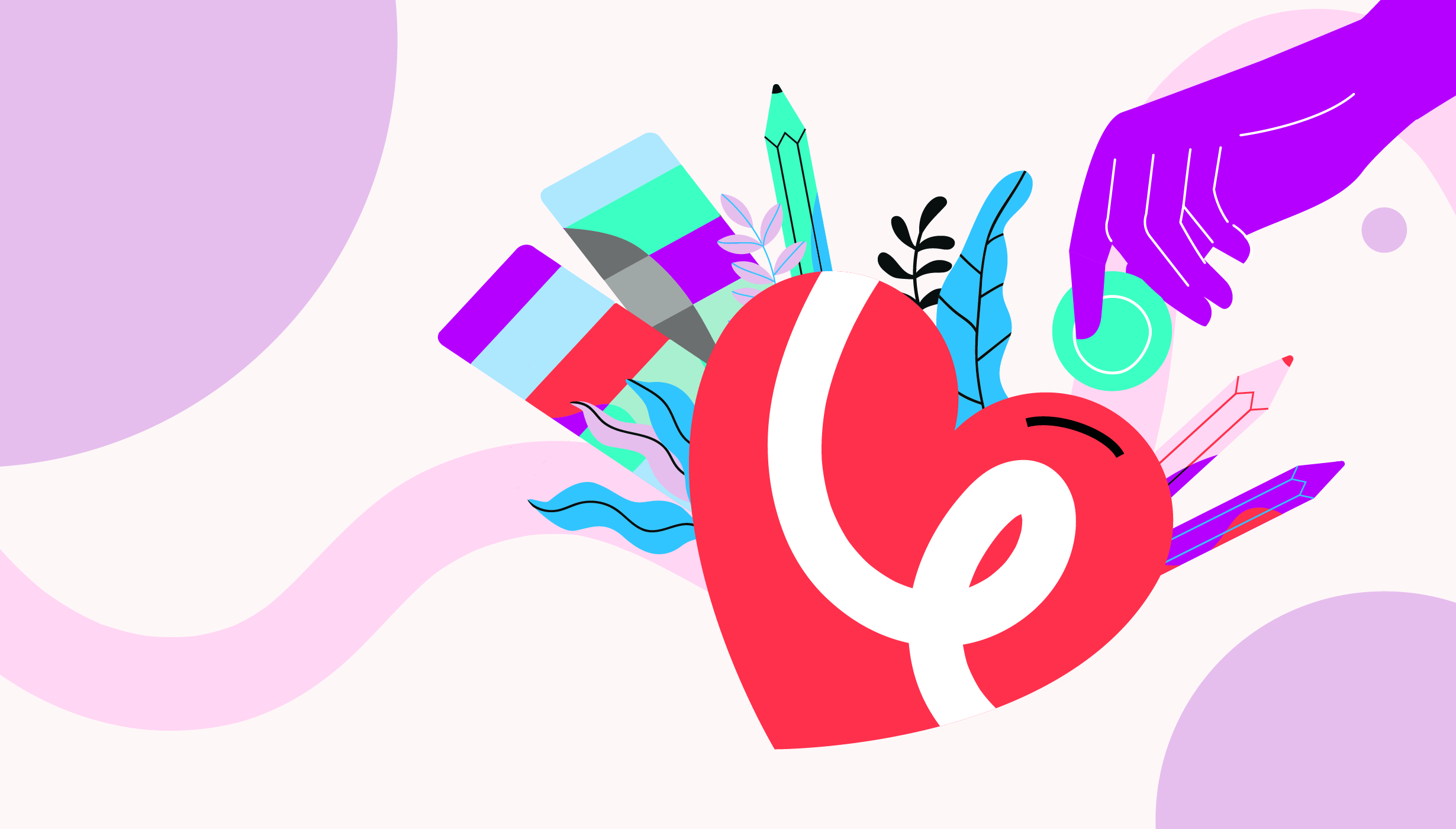Sam our in-house Web Developer and guru for all things online has outlined 5 ways to help stay safe online.
1. Passwords
Having an insecure password is probably the easiest way of ensuring you’re going to get hacked. In data collected from SplashData, for the past 6 years in a row `123456` has been the most commonly used password on hacked accounts. In 2019 alone 23.3 million accounts were hacked online with that one password. The next closest being `123456789` with 7.7 million.
I think it’s safe to say we could all do better when picking passwords, the crux of the problem is laziness, people can’t be bothered to type in a really long random string of characters every time they want to login somewhere, let alone remember them!
There is an easy solution. Password managers to the rescue! Platforms such as LastPass and 1password can make solve these problems. This is a place where you can securely save all your passwords, this means you can generate 64 character long random characters for each and every account you have. The best bit is you never even need to see these passwords, with full support for Copy and Paste it’s never been easier. These platforms even have entry level free pricing tiers so there really is no excuse anymore for having “password” as your password.
2. VPNs
We’ve all been in a coffee shop, shopping mall or airport, had no signal and needed to connect to their WiFi to get online on our mobile devices. In theory these are great, they can get you online for free where it was not before possible, but in reality this can be a big risk.
It’s becoming easier and easier for someone else to intercept the data you’re sending to that public network and save it to their own device, without you even knowing. This is called a man in the middle attack. Essentially this person uses their laptop/phone to pretend to be the public WiFi so that in fact you’re actually connecting to their device.
You still have full access to the internet, they can just see everything you’re doing. Whether that’s checking Facebook or logging in to your online banking.
VPN’s work by creating a secured, encrypted, connection between your device and their servers before then routing your requests to the wider web. This will slow down your connection slightly, but is well worth it for peace of mind. The VPN industry is a bit of a minefield but Tech Radar have a great summary of the top providers.
3. Link Shorteners
Link shorteners are becoming more and more popular, they’re a great way of sharing content in a less obtrusive way, no one likes seeing 2 line long URL links. Marketing professionals use shorteners like Bitly and TinyURL for addition link tracking statistics, such as how many people clicked a link and on what platform they clicked on.
Unfortunately, this is a blessing and a curse, while these links look better and help with marketing stats, it does initially hide where the link is taking you. So you’re putting a lot of trust in clicking these links. While 99% of shortened links are legitimate, it only takes one to send you to a virus riddled web page for your computer to become infected.
Our advice is to only click on shortened links from trusted sources, if you do want to follow a shortened link from a unknown source, it’s always worth using a link expander such as Check Short URL this will take the short link and show you where it will send you too.
4. Virus Protection
What happens if you click a bad link? Well virus protection is here to the rescue.
Even the most diligent people can sometimes fall foul to viruses. This is why it’s always a good idea to have an anti-virus installed. Operating systems such as windows will have a firewall built-in but it never hurts to have another layer of protection.
Industry leaders such as Norton, McAfee, Webroot and Bitdefender are worth looking at, however make sure to do your research in to different anti-virus solutions to see which meets your needs best.
5. Be careful what you post online
It’s so easy these days to share every part of your life online, and rightly so. You want to show off to your friends the amazing holiday you’re going on or the brand new car you just bought.
But if you don’t have the correct privacy settings enabled this can end very badly, you’re essentially advertising to the world that your house is currently empty or where a new car will be, ready to be stolen.
Always remember once something is posted online, it’s online forever. And the harder you try to get something removed from the internet the more attention it will ultimately get. Just ask Beyonce.





